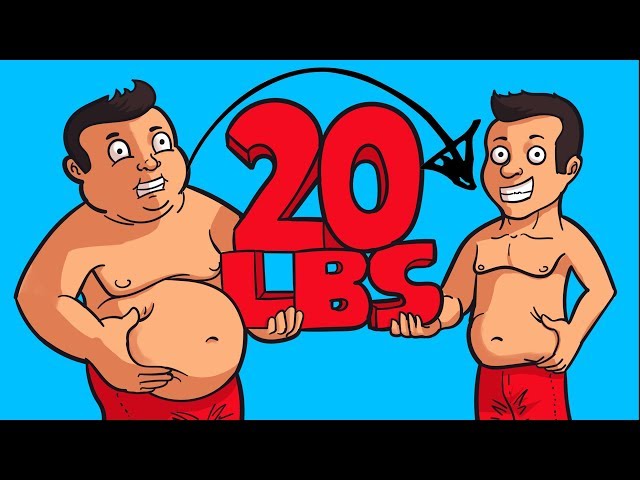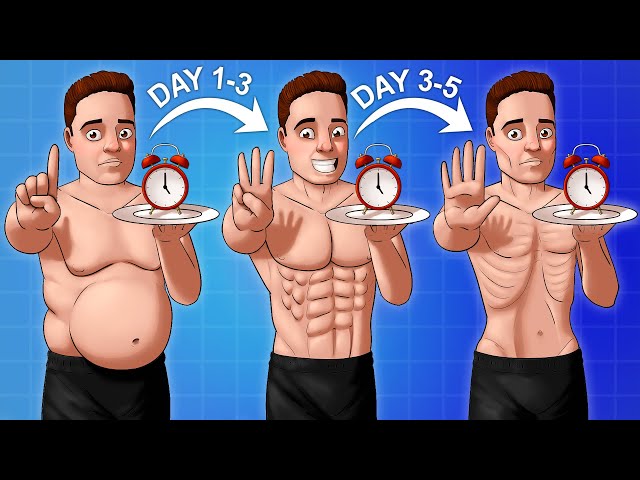
Have you ever wondered if it's possible to shed 20 pounds in just a month? With so many diets and weight-loss plans claiming miraculous results, it’s easy to get drawn into the allure of rapid weight loss. To understand whether losing 20 pounds in 30 days is feasible—or healthy—let’s dive deeper.
First off, is it possible to lose 20 pounds in one month? According to numerous health experts, including those from Healthline, while some might experience such drastic weight loss, it isn't universally achievable or advisable. In fact, many professionals advocate for a safer approach: aiming to lose about 1 to 2 pounds each week. This translates to a healthier weight loss of around 4 to 8 pounds per month. Why? Because rapid weight loss can often lead to muscle loss, nutritional deficiencies, and metabolic slowdown.
In a recent discussion on Reddit, one user shared, "I started by going cold turkey on alcohol and cutting my calories to just 1500 a day. Within two weeks, I lost about 10 pounds!" While her results seem impressive, the sustainability of drastic calorie restrictions remains a crucial point. Rapid weight loss can sometimes lead to rebound weight gain once normal eating habits resume.
Next, let’s break down the factors contributing to such significant weight loss in a short time frame:
- Caloric Deficit: To achieve a weight loss of 20 pounds, you would need to create a caloric deficit of approximately 2,500 calories per day for four weeks. This often translates to severe dietary restrictions or intensive exercises, neither of which is advisable without professional guidance.
- Dietary Changes: Emphasizing a high-protein, low-carbohydrate diet can help many people reduce their body weight. Some individuals prioritize meal plans that limit refined carbohydrates and sugars, focusing instead on whole foods and nutrient-dense meals.
- Hydration: Staying hydrated facilitates better metabolic functioning and may help control appetite. Adding more water to your diet can lead to a natural reduction in calorie intake.
- Physical Activity: Increasing daily activity, whether through structured workouts or lifestyle changes like more walking, can contribute significantly to weight loss. Fitness experts recommend aiming for at least 150 to 300 minutes of moderate-intensity exercises each week.
- Steady Progress: Rather than jumping into extreme measures, breaking goals into manageable parts can foster more sustainable habits.
What do experts recommend for those genuinely aiming to lose weight quickly? A balancing act of proper diet and exercise stands out. Forbes emphasizes the importance of long-term lifestyle changes, such as finding enjoyable forms of physical activity and integrating whole grains, lean proteins, and plenty of fruits and vegetables into one’s diet.
While embarking on your weight-loss journey, these testimonials also provide a glimpse into common struggles:
Consider the advice of one forum participant who shared: "I felt awesome after dropping those initial pounds, but it quickly became apparent that maintaining the momentum required constant effort. The excitement of losing weight can fade when the challenge of sustaining it sets in." This sentiment resonates with many who have experienced the rollercoaster of rapid weight loss.
In summary, while losing 20 pounds in a month captures attention, achieving sustainable results through realistic goals is far more beneficial. Consider focusing on gradual changes that support overall wellness instead of solely fixating on a number. After all, health should always take precedence over rapid results.
If you’re contemplating a weight-loss plan, consulting with healthcare providers or registered dietitians could provide personalized guidance. Safe, steady weight loss not only enhances physical appearance but fosters better health in the long run.







